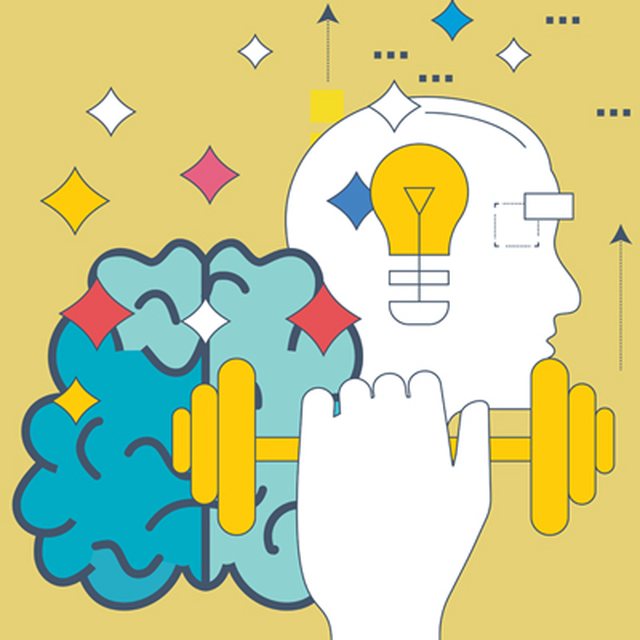
In an era where technology and education are increasingly intertwined, play is reemerging as one of the most powerful tools to shape future generations. Modern educational games aim not only to entertain, but to build children's brains, character, and life skills, adapting to the challenges and opportunities of the 21st century.
In this transformation, intelligent technology, scientific research, and creative approaches have produced a new generation of games that develop cognitive, creative, and emotional skills in more sophisticated and comprehensive ways than ever before.
1. Games that develop the brain: Critical thinking, problem solving and logic
Games that stimulate cognitive development are essential for preparing children for the complex world of the future:
Robotics for children
Platforms like LEGO Mindstorms and Dash & Dot teach children the basics of programming and problem-solving through building and interactive play.
Digital puzzles
Apps like Thinkrolls and Lightbot help children develop logic, strategic thinking, and creativity in a fun way.
Coding games
Programs like Scratch Junior foster simple programming skills and algorithmic thinking in children from an early age.
These games are not only clever, but they create a rich ground for developing mental resilience and innovation.
2. Games that develop creativity: Expression, imagination and innovation
In a world where new ideas are worth more than simple information, creativity is a vital skill:
World building games
Platforms like Minecraft Education Edition are no longer just for fun, but are used to teach history, architecture, and even biology.
Digital art and design
Apps like Tayasui Sketches and Draw It allow children to explore the world of art in a new way.
3D printing
With toys like the 3Doodler Start, children learn to create real objects from their imagination.
Through these tools, children develop not only artistic talent, but also the ability to think outside the box.
3. Games that develop emotional intelligence: Sensitivity, cooperation and awareness
In a digital age, building emotional skills is just as important as academic skills:
Games that encourage collaboration
Games like Outfoxed! and Forbidden Island develop skills in teamwork, sharing, and helping each other.
Sensitive emotional simulations
Apps like Peekaboo Barn and Breathe, Think, Do with Sesame help children recognize and manage their emotions.
Simplified RPGs
Games that place children in situations where they must make moral decisions foster empathy and reflection.
This emotional development is key to building healthy relationships and creating responsible citizens of the future.
4. Technology Trends in Education: Smarter Games, More Personalized Experiences
Education through play is increasingly influenced by new technologies:
Artificial intelligence in learning
Platforms like Osmo and Khan Academy Kids use AI to personalize learning based on the child's pace and style.
Virtual reality (VR) and augmented reality (AR)
Children can explore space, the human body, or historical periods through immersive experiences that activate all the senses.
Gamification of learning
Education becomes more satisfying and motivating through game mechanisms such as challenges, missions, and rewards.
These technologies increase engagement, focus, and learning efficiency, making education a vibrant and inspiring experience.
The future of childhood is being built today — through play that is not only fun, but also educational. New educational games are an investment in sharp minds, sensitive hearts, and creative souls. In a rapidly changing world, they give children not only knowledge, but the ability to think, feel, and create a better future for themselves and the world.





